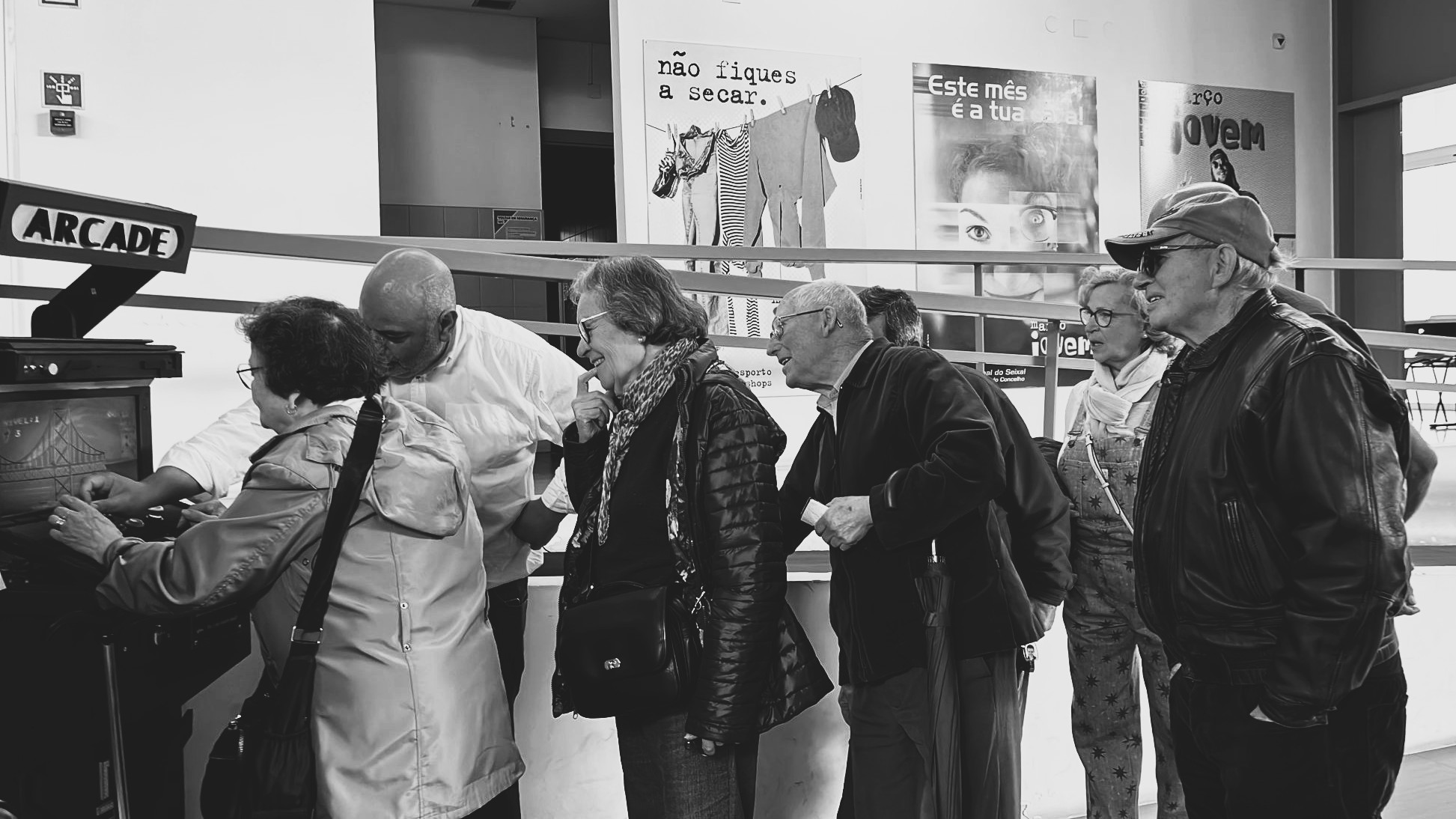
Vision
Rato - Associação para a Divulgação Cultural e Científica [ADCC - Association for Cultural and Scientific Promotion] aims at social inclusion through Information and Communication Technologies.
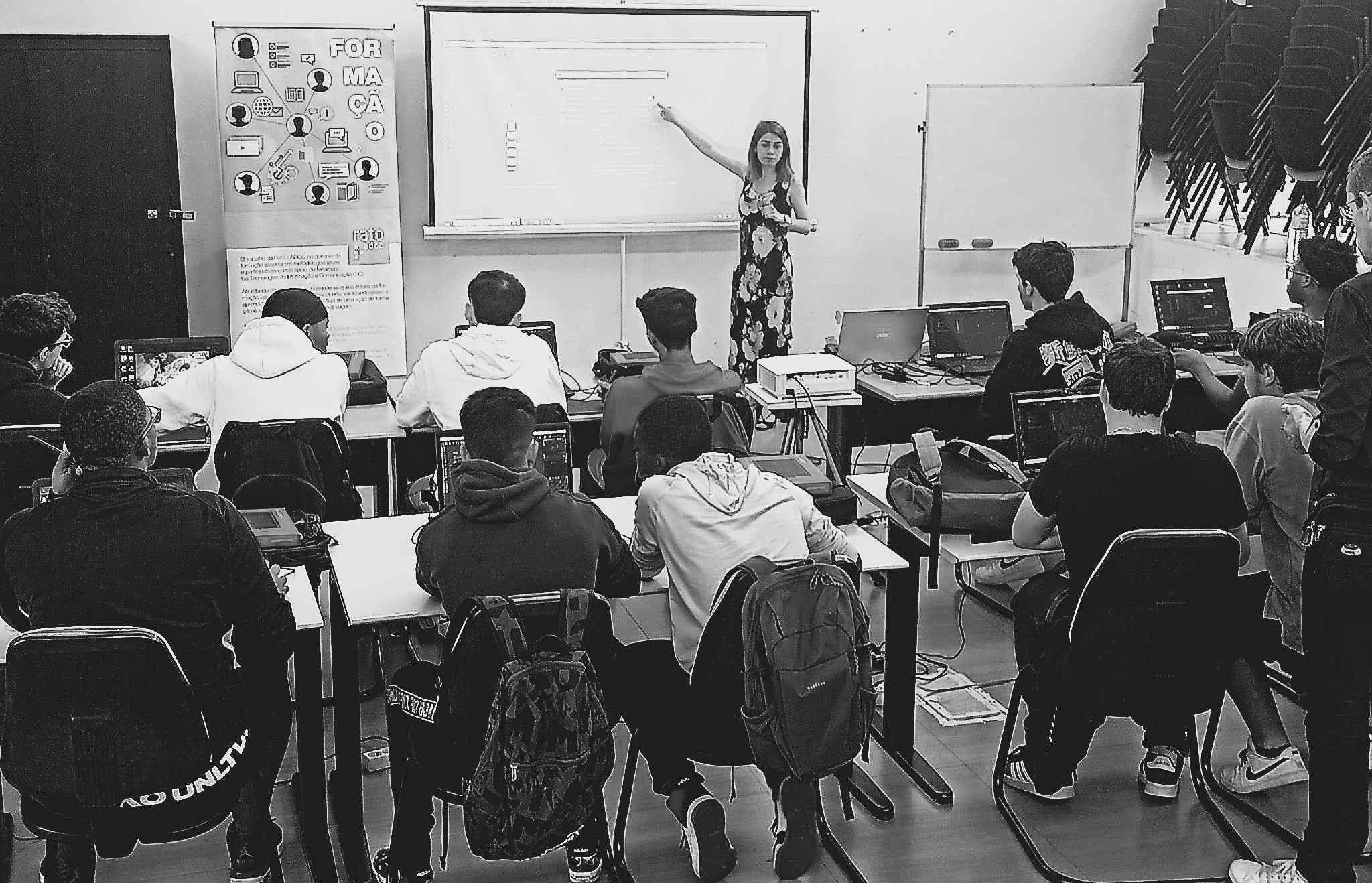
Mission
Rato - ADCC operates along the following lines:
1. Training activities in the field of ICT;
2. Documents and digital platforms for non-profit projects;
3. Dialogue and community empowerment activities.
Rato - ADCC develops its work based on 2 axes:
1. Work based on the voluntary participation of people, particularly young people;
2. Work based on partnerships with other social actors.
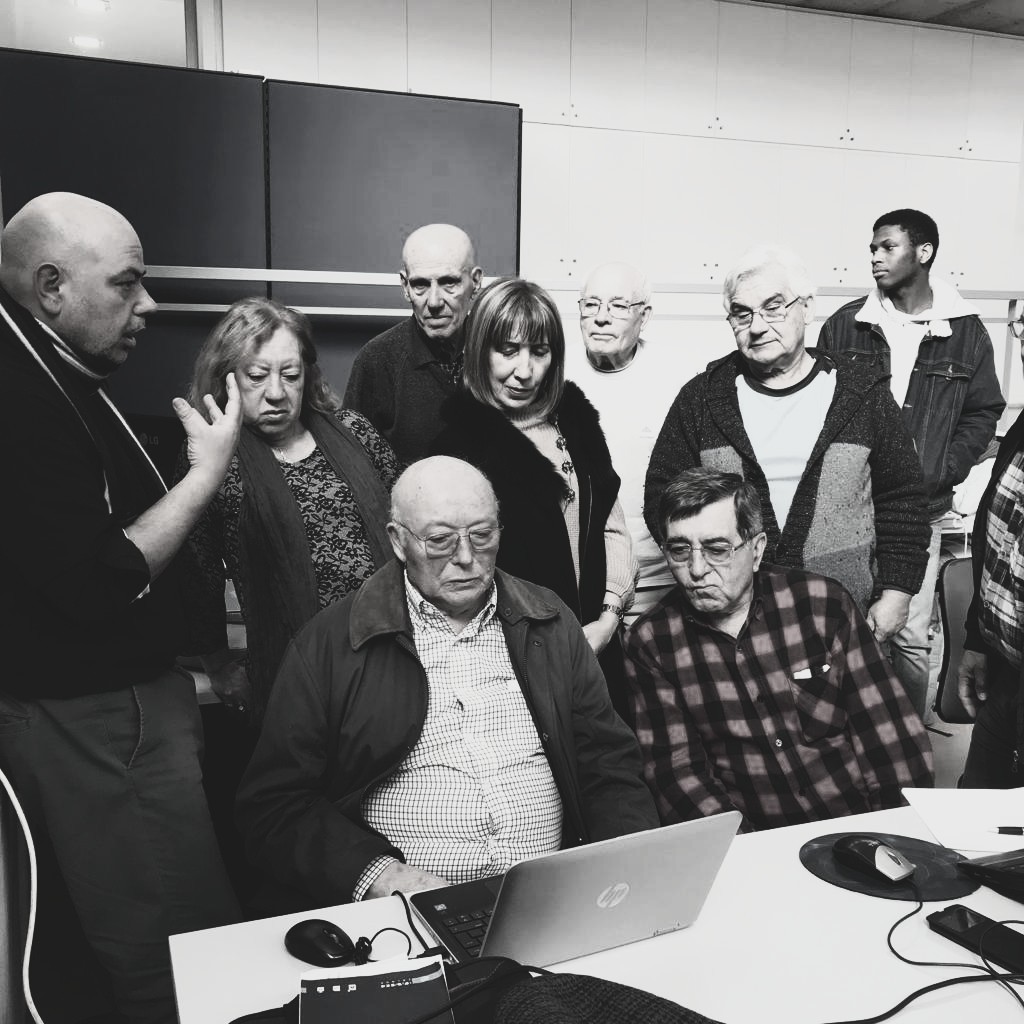
Values
- Solidarity: the association values mutual collaboration between people and organisations to achieve social equity in a community;
- Respect: the association defends human rights and the importance of a human being regardless of their origin or social condition;
- Diversity: the association values the difference between people and organisations as a factor that promotes the development and resilience of a community;
- Sharing: the association promotes the sharing of knowledge and resources between people and organisations in a community;
- Dialogue: the association promotes the empathetic and assertive exchange of information, opinion or feelings between all the people and organisations in a community;
- Participation: the association promotes the opportunity for people to take part in the organisation regardless of their origin or social status;
- Learning: the association promotes the human right of all people to education through the use of participatory and active methods.
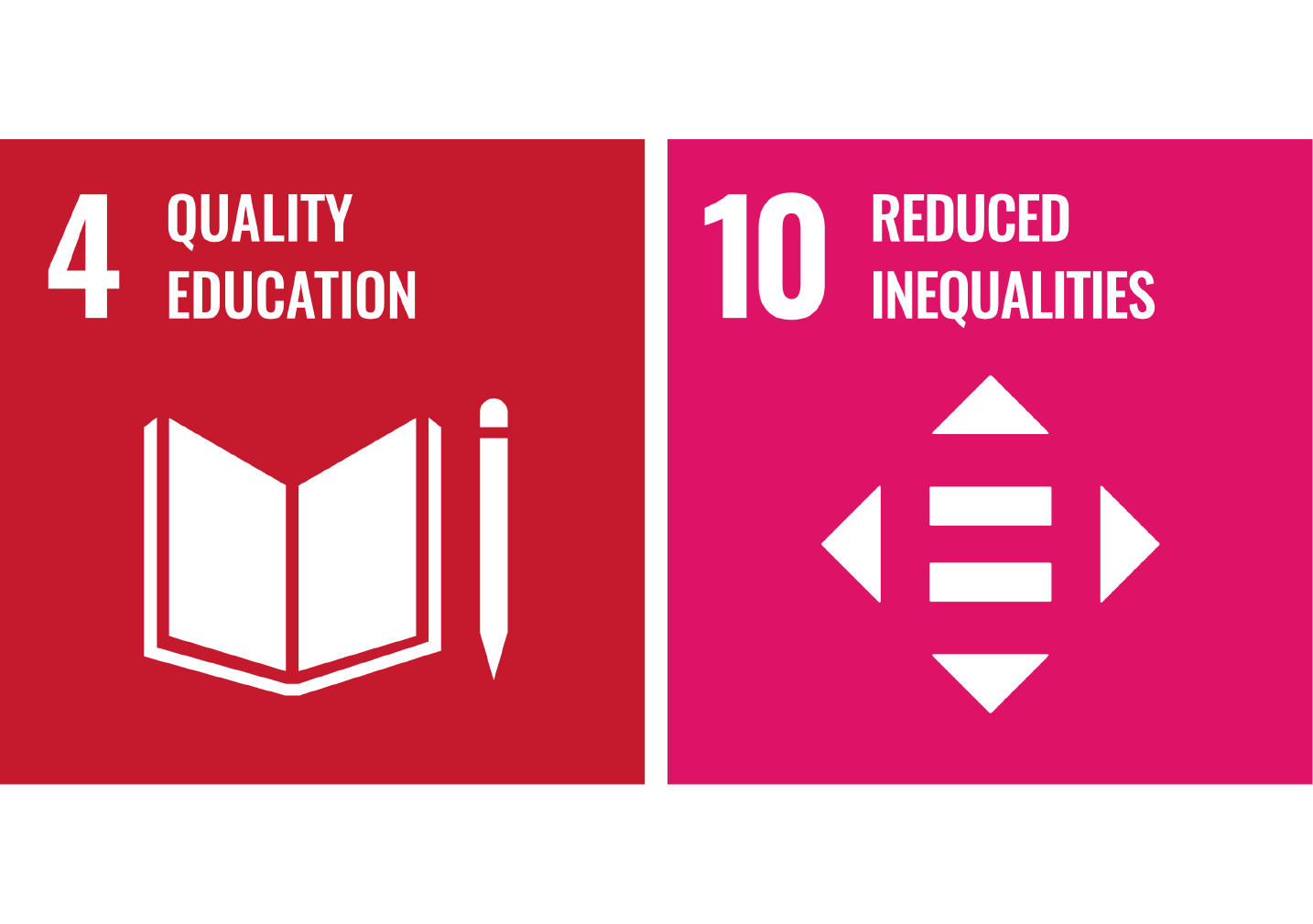
Sustainable Development Goals
Rato - ADCC's action focuses on the ‘People’ pillar of the Sustainable Development Goals [SDGs] and translates across the other SDGs, but with a focus on SDG #4 - Quality Education with a direct link to SDG #10 - Reducing Inequalities.
It should be noted that the SDGs have a reflexive nature within the 2030 Agenda: in this way, Rato - ADCC's intervention has an indirect impact on the other SDGs - as mentioned earlier, the association's work dynamics have a comprehensive and transversal character with different social agents throughout the Setúbal’s peninsula.
Strategy of Intervention
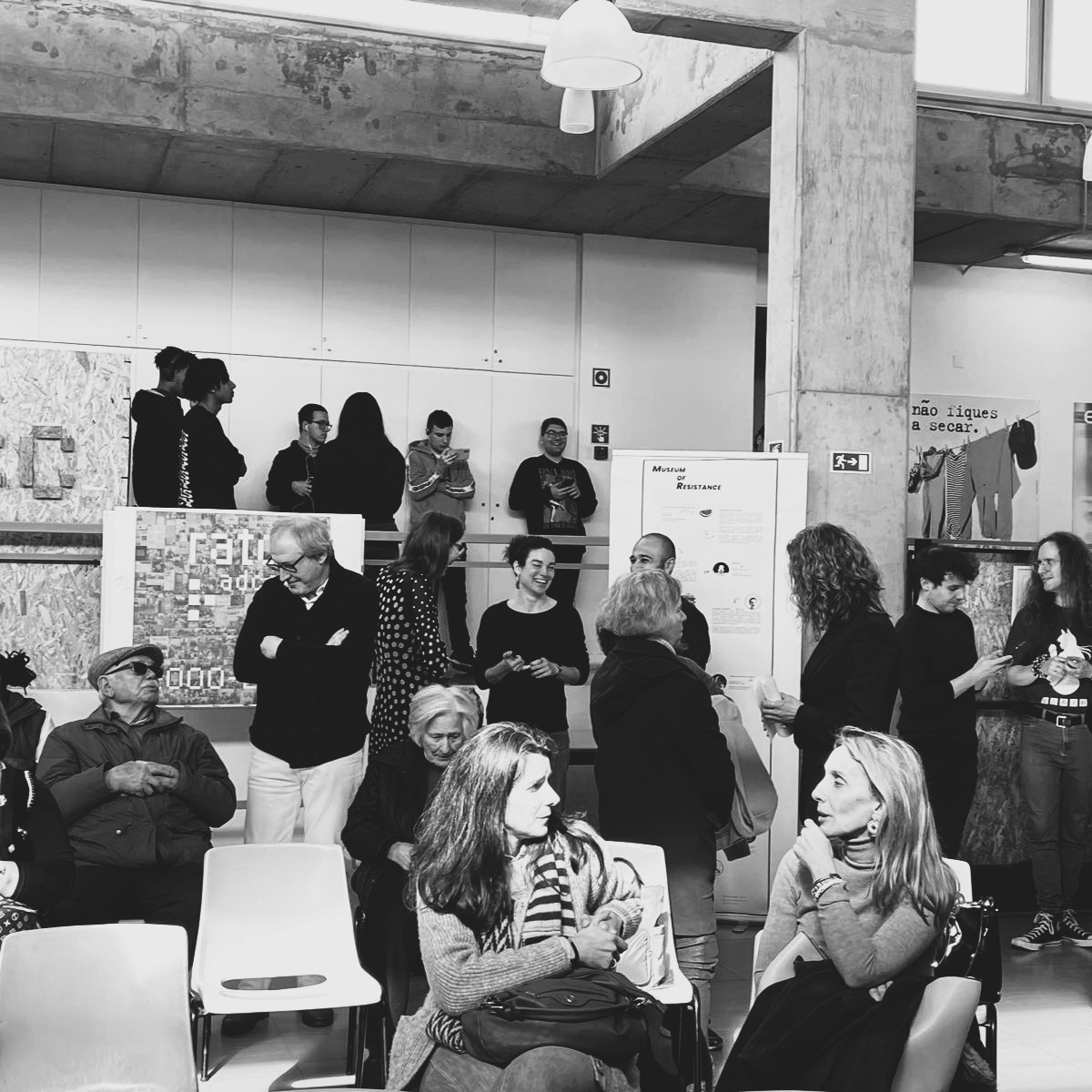
I - For whom? Audiences for whom Rato - ADCC works directly.
- General public in need of digital and technological skills
- People in situations of social exclusion due to employability issues
- Young people with an appetite for ICT and active participation
II - How? Strategies used to work with the target groups.
- Use and valorisation of Information and Communication Technologies as a strategy for Social Inclusion;
- Development of learning practices using active and participatory methods in complementary contexts of Formal, Non-Formal and Informal Education;
- Development and valorisation of different forms of Active Participation by people in solving community challenges;
- Working in partnership with different institutions, organisations and formal and non-formal projects;
- Intervention in the municipalities of Seixal, Almada, Palmela and Sesimbra.
III - What to do? Actions to be developed.
- ICT training towards the concrete needs of the communities in the priority territories;
- Formal accreditation of Rato - ADCC's training work:
- 0f1c1n4 - a community space for learning by doing (DIY) in the areas of ICT, Multimedia, Electronics and UpCycling at the Miratejo Youth Centre;
- Partnerships with formal education institutions addressing different areas (i.e. Accounting, Youth Work...) and higher qualification levels, namely university education
- Actions to publicise national and international volunteering in non-formal education institutions
- Use of international and national internship and volunteering support programmes
- PartEs - Participation School based on the ‘Youth Oracle’ methodology to be held in different formal education institutions in the territories identified
- Creation of a plan for welcoming, monitoring and recognising the skills of all the association's volunteers and trainees
- Creation of a plan for monitoring and evaluating the activities of Rato - ADCC
IV - What changes? Changes resulting from the strategies and measures.
- Greater number of participants covered by Rato - ADCC training activities;
- Greater number of activities in partnership with formal education organisations;
- Higher number of Rato - ADCC volunteers and trainees;
- Increase in Rato - ADCC's financial turnover.

#RatoDid
See the activity reports of Rato - ADCC.
Team
With our team of contracted workers, we have many volunteers and interns helping us with our projects.
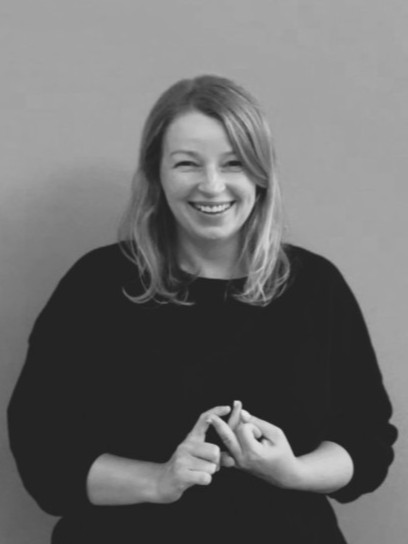
Justyna Kukla
President of Rato - ADCC
Volunteering Area
She is the person that manages globally the volunteering activities and the administration of different projects. She is also responsible for the EuroDesk infopoint in Seixal.
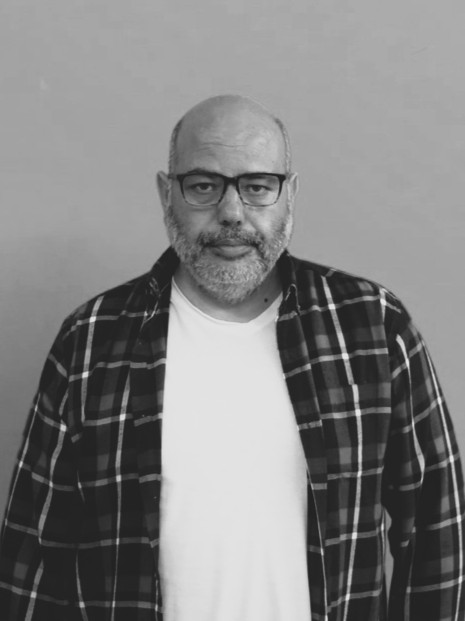
Nuno Carvalho
Co-Founder of Rato- ADCC
Training Area
He is the person that develops activities in the field of Non Formal Education in schools and communities centers. He is a trainer and supports the initial integration of volunteers and interns.
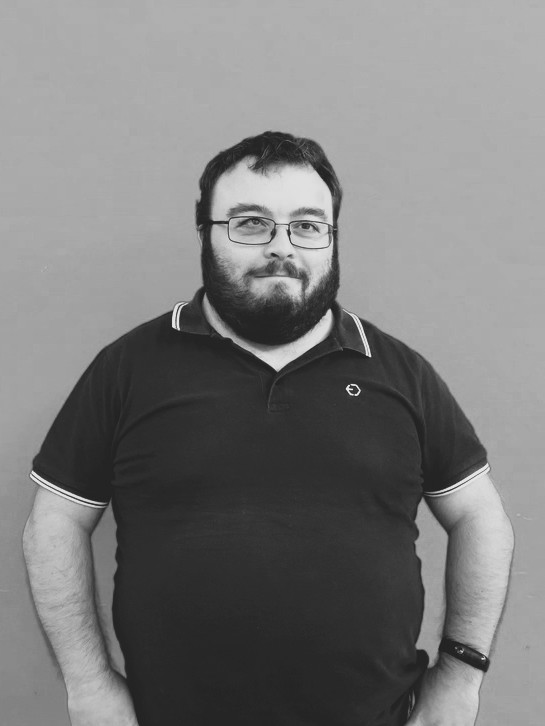
Tiago Esteves
CTO of Rato - ADCC
Informatics Area
He is in charge of the technological resources and the accounting in the organization. He is also a trainer in different topics related to Informatics.

Mehriban Dedegil
Designer | Trainer
Informatics Area
She is developing activities as a graphic facilitator and supports the graphic and video projects.

Carlos Rodrigues
Electronics Technician
Informatics Area
He is developing projects for the MakerSpace - Espaço 0f1c1n4 - and supports the interns with their tasks.

Laura Moura
Volunteer
Volunteering Area
She is responsible for the support of volunteers regarding their mentoring and social research.
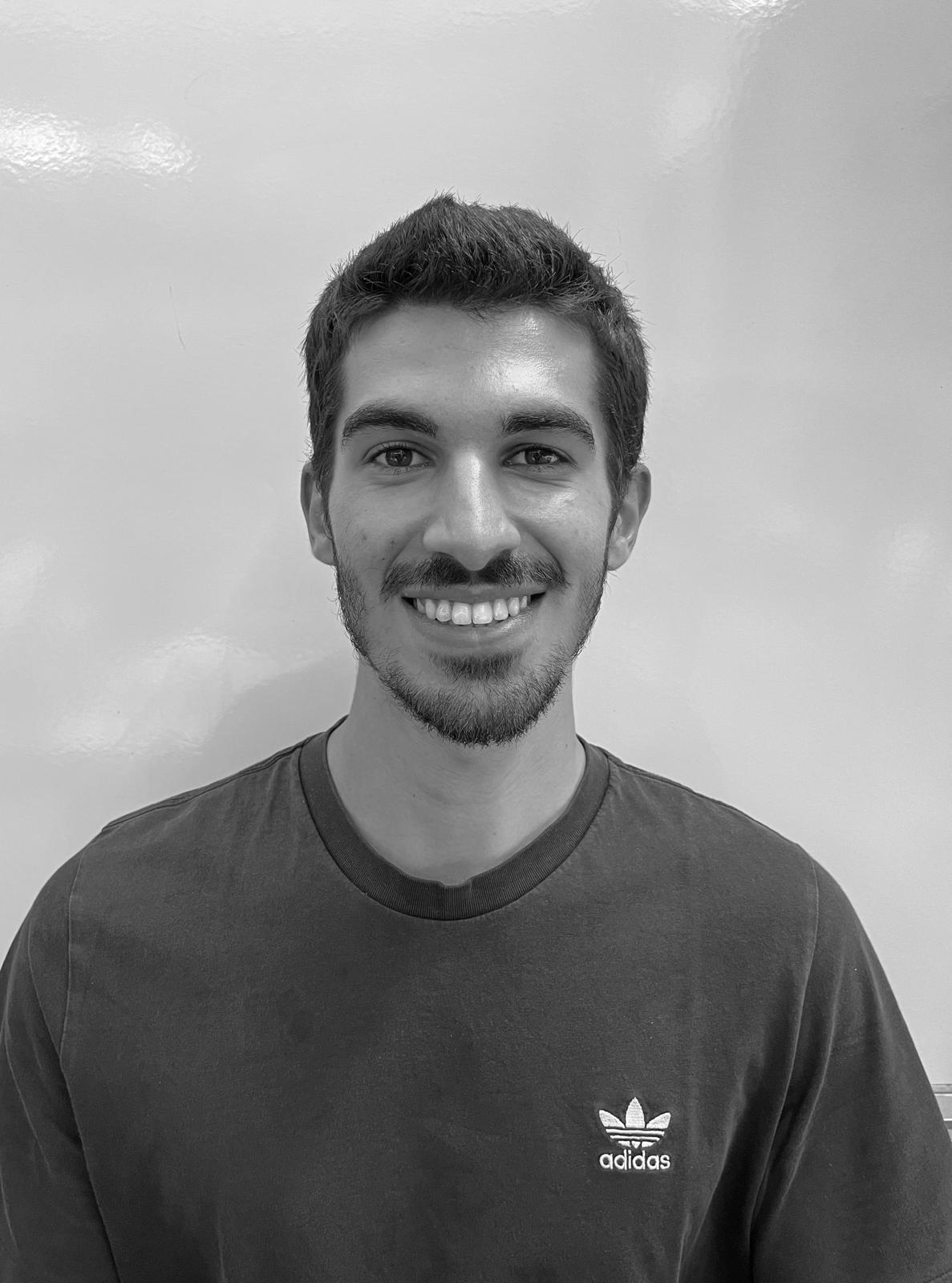
Miguel Rôlo
Volunteer | Programmer
Informatics Area
He is responsible for programming of Rato – ADCC’s digital projects.

Monica Barbosa
Volunteer
Training Area
She is responsible for the support of trainings and projects.
Find out more about us

